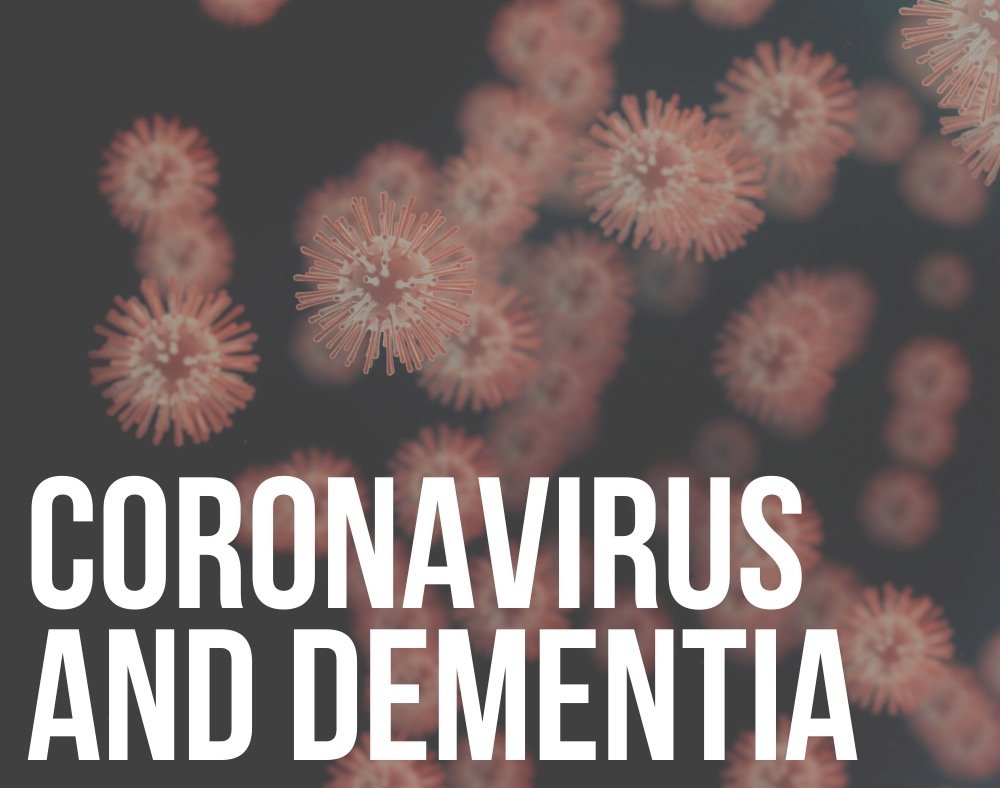Getting a positive dementia diagnosis can take a toll on a person which is why it is important for caregivers to identify ways to make a dementia patient happy.
Dementia describes a group of symptoms that are associated with a progressive decline of abilities of the brain.
The illness negatively affects many aspects of a person’s life including intellect, memory, insight, language, and social skills amongst others.
Different Activities to Cheer Up Someone with Dementia
To help persons with the disease cope with the changes that are happening in their lives, there are several tips you can work with to MAKE THEM HAPPY such as:
Including them in Social Activities

One of the ways to make a dementia patient happy is to identify ways in which they can have fun.
This includes planning creative activities, games, and social activities that they can enjoy.
When picking an activity, it is important to ensure that it is something that the person with dementia likes and can comfortably do.
Focus on feeling good now
Keep in mind that the idea is to have a good time without putting any pressure on the ill person.
Additionally, the chosen activity must not be too HARD or too SIMPLE.
If a person forgets the rules or makes mistakes when playing games, the carer should just let them be.
Most importantly, do not insist that the individual takes part in activities that they are not interested in.
The activities should only take place if a person is showing interest and enjoying them. Some activities to consider include:
- Simple games such as staking colored rings
- Painting and using crayons
- Playing games like snakes and ladders, and Ludo
- Antakshari
When it comes to social outings, a person with dementia may enjoy exposure to a new environment from what they are used to.
Caregivers must be very selective with the outings to avoid overstimulation, crowds, noise pollution, and constant movement.
Maintaining Strong Relationships

Many people with dementia will experience loneliness and social withdrawal which can make them sad.
To make them happy, their loved ones need to try and maintain STRONG BONDS so that they can feel like they belong even with everything that is happening in their lives.
This includes planning to spend quality time with the person who has dementia.
If a person still lives at home, their loved ones should visit as often as they can.
It is advisable for relatives and friends to liaise with the primary caregivers on the activities to take part in that will bring joy and laugher to the affected individuals.
Family members and friend should not forget them
At some point in the disease, a person who has dementia may have to move to a care facility.
Family members should not forget them in these new living spaces.
They should organize visits so that they can spend time with the suffering person at the facility. It helps a person feel loved and supported.
Relatives and friends should also familiarize themselves with the disease and know the changes to expect from the person in the various stages of the illness.
This gives loved ones a chance to act appropriately when they are around individuals with the disease to offer much-needed support rather than stressing them out.
During the visits, relatives and friends can bring along children, pets, photographs, letters, videos, or other items that are bound to create a pleasant experience for the individual.
Maximizing Comfort

Another suggestion on how to make a dementia patient happy is by making sure that they are as comfortable as possible at all times.
This includes ensuring that a person is not suffering from pain that may be causing a lot of discomforts.
There are times when a person with dementia CANNOT communicate properly to let caregivers know that they are in pain.
Are they in pain?
It is, therefore, the responsibility of the carers to keep an eye on them to know if anything has changed.
It is also important for the weak person to visit a doctor often.
The professionals can tell if they are having any medical conditions or pain they can treat or manage to increase the comfort levels of the person with dementia.
Maximizing comfort also has a lot to do with making sure that the areas where a person sleeps and spends most of their days are safe and comfortable.
Remove anything that can cause the person to trip and fall.
The spaces should also be kept neat and uncluttered.
Some home renovations like installing handrails in the shower may also be a welcome change.
Installation of alarms and heat sensors may enhance safety in case of emergencies.
Staying Physically Active

Encouraging a person with dementia to stay physically active is another step towards making a dementia patient happy.
Working out results in improved circulation, endurance, strength, and cardiovascular fitness.
Additional BENEFITS of exercise include:
- Better sleep
- Improved mood
- Decreased likelihood of constipation
- Reducing the risk of falls because of enhanced balance and strength
- Maintenance of motor skills
- Better memory
- Reduced rate of mental decline associated with dementia
- Improved social and communication skills
- Getting a sense of accomplishment
- Improved behavior like reduced swearing, acting aggressively, and wandering
Working out also prompts the body to RELEASE ENDORPHINS that are known to trigger positive feelings in the body.
Exercise does not have to be strenuous but something fun and enjoyable.
It can be as simple as taking a walk, engaging in sit-to-stand exercises, dancing, yoga, stretching, or light household chores depending on a person’s ability.
Effective Communication

Over time, dementia will affect the way a person communicates.
Caregivers should therefore learn how to communicate effectively with a ill person as one of the ways to make a dementia patient happy.
Being Rude, Condescending, or Aggressive will just not cut it.
This can make the person with the illness feel like they are being talked down to something that can bring up unwarranted behavior or responses.
It is best to speak slowly and clearly using short sentences. The tone used should always be calm, friendly, and positive.
Remember to give the affected individual enough time to respond.
Making EYE CONTACT when speaking can also be helpful.
Avoid creating complicated choices because persons with dementia respond to simple options.
Other ways of communication can also help when dealing with an individual with the progressive illness.
These include a gentle reassuring touch, gestures, facial expressions, and movement that can convey a message.
Closing Thoughts
When trying to figure out ways to make a dementia patient happy, it is IMPORTANT to understand that the disease does not everyone in the same manner.
This means that what makes a person happy may not work for the next.
Caregivers should therefore get to know the person they are working with to come up with the best plans that will keep them happy and safe as they move from one stage of the illness to the next.







